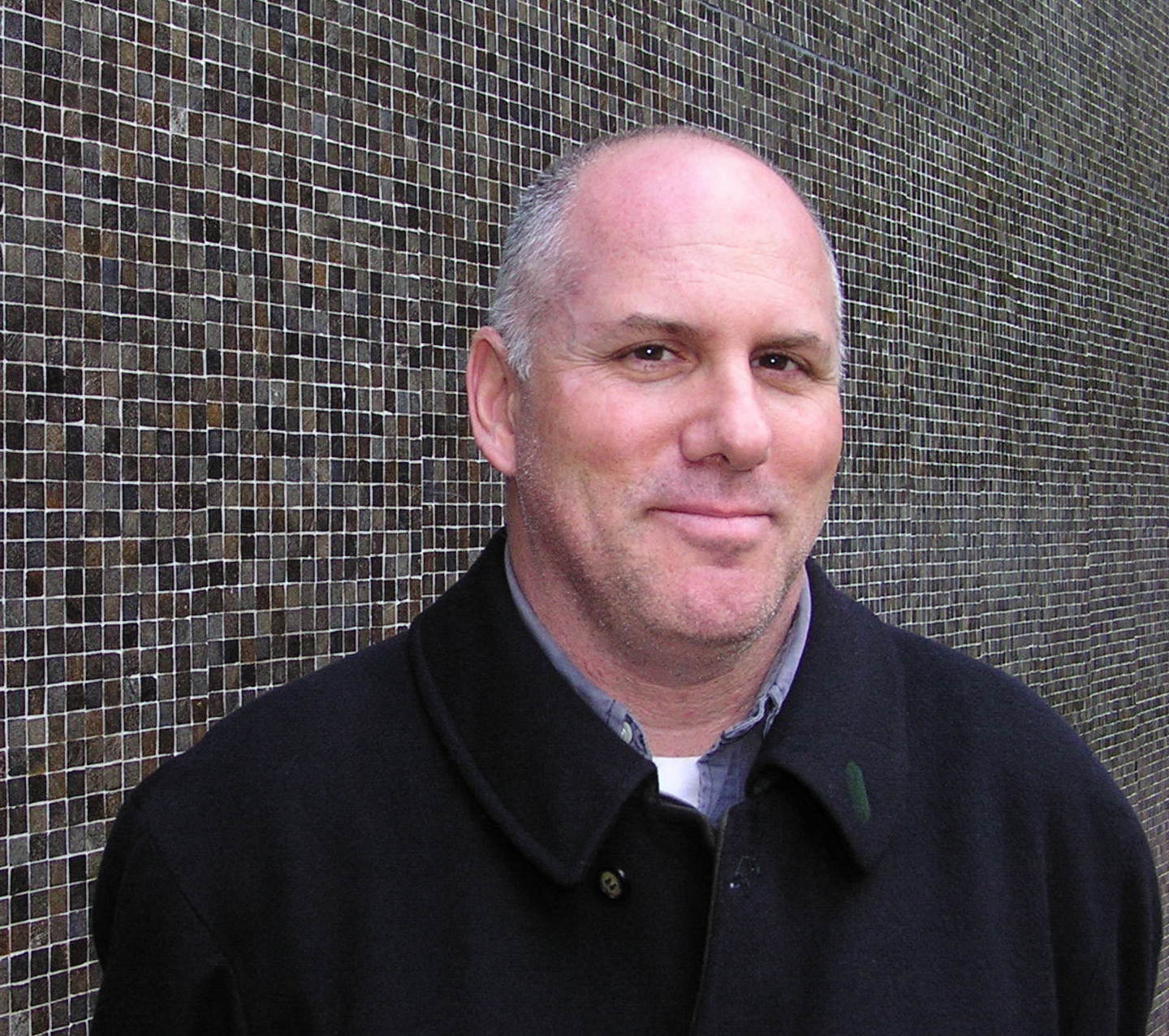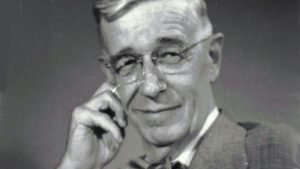
As a senior writer at The Wall Street Journal, Zachary published more than 80 page-one articles during the 1990s. His reportage for the WSJ first concentrated on Silicon Valley and, in the second half of the 1990s, on emerging aspects of globalization. He published two books in the decade: Showstopper, on the making of a software program at Microsoft, and Endless Frontier, a study of the life and times of the iconic engineer, Vannevar Bush, who as part of his duties as President Franklin Roosevelt’s science adviser and chief innovation officer organized the Manhattan Project and laid the groundwork for the National Science Foundation.
In 2000 Zachary published The Diversity Advantage, a socio-cultural study of emerging forms of global capitalism. The same year, Zachary was described by The Boston Globe as “the single most interesting journalist of all the [Wall Street Journal’s] 700-plus highly-talented reporters.” The Atlantic magazine, in a review of his writing career, deemed him a “public intellectual.”
Shortly after 9/11, Zachary departed the WSJ and went on to immerse himself in sub-Saharan African affairs, first as a journalist and later as a teacher and researcher. He traveled widely in the region and published on politics, culture and society, often through the prism of technology and agriculture. His efforts culminated in a three-year engagement with the Gates foundation, where he consulted chiefly on the revolution in African agriculture that he documented in a 2008 essay in The Wilson Quarterly, published by the U.S. Congress. Zachary’smarriage to Chizo Okon of Port Harcourt, Nigeria is the subject of his memoir, Married to Africa: a love story. Some of his varied writings on Africa, including key essays on the region’s farm boom, are collected in Hotel Africa: the politics of escape.
Zachary in 2010 joined the faculty of Arizona State University in Tempe. While at ASU, Zachary received a grant from the National Science Foundation to study socio-political aspects of academic computer science in East Africa. He created a literary non-fiction graduate program; taught courses on the history of nuclear weapons and on the relationship of technology and consciousness for ASU’s Honors College. In the spring of 2019, he received, along with ASU colleagues, support from a Templeton fund to study the role of spirituality and religion in digital innovation.
Zachary plans to resume writing fulltime from his base in northern California in May 2020, following his departure from ASU.





